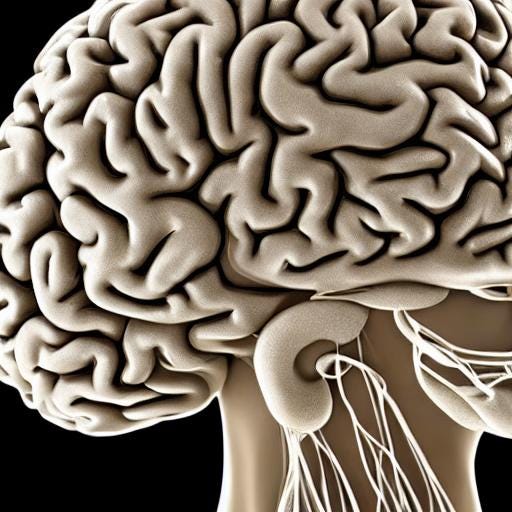The primary function of puberty in human development is to bring about the physical, hormonal, and behavioral changes that mark the transition from childhood to adolescence and eventually to adulthood.
During puberty, the body undergoes significant changes, such as the development of secondary sexual characteristics (such as breast development in girls and facial hair growth in boys), the growth spurt, the maturation of reproductive organs, and changes in hormone levels. These changes enable individuals to become sexually mature and capable of reproduction.
In addition to physical changes, puberty also plays an important role in cognitive and emotional development. Adolescents experience changes in their cognitive abilities, such as increased abstract thinking, greater ability to plan ahead and think about the future, and improved decision-making skills. They also experience emotional changes, such as increased self-awareness, the development of a personal identity, and greater emotional intensity.
Overall, puberty is a crucial stage of human development that prepares individuals for adulthood and the responsibilities that come with it.
Blocking Puberty Could Have Dire Consequences
Blocking puberty through medical interventions such as hormone blockers or hormone replacement therapy can have long-term and permanent effects on brain development with potentially devastating consequences.
During puberty, the brain undergoes significant changes as well, with areas responsible for emotional regulation, impulse control, and decision-making undergoing development. Hormones such as testosterone and estrogen play important roles in these brain changes, and alterations to hormone levels can have negative consequences for brain development.
In individuals who undergo puberty-blocking treatments, the delay or absence of hormonal changes during this critical stage of brain development absolutely has been observed to have negative effects on brain structure and function. Some studies suggest that the use of hormone blockers in gender dysphoric youth may affect brain areas involved in social cognition and emotion regulation, limiting the child’s abilities in these areas as an adult.
However, it is important to note that the effects of puberty blockers on brain development are still an area of active research, and more studies are needed to fully understand the long-term effects. Therefore, any doctors or scientists who are encouraging you to pursue this course of treatment are doing so in order to Experian you or your children. Additionally, remember the doctors are considering the research for potential benefits of these treatments in improving the mental health and well-being of gender dysphoric youth should also be taken into consideration when making decisions about medical interventions.
Either way, it’s still experimental. Agree or disagree, I’d like to hear from you in the comments.





